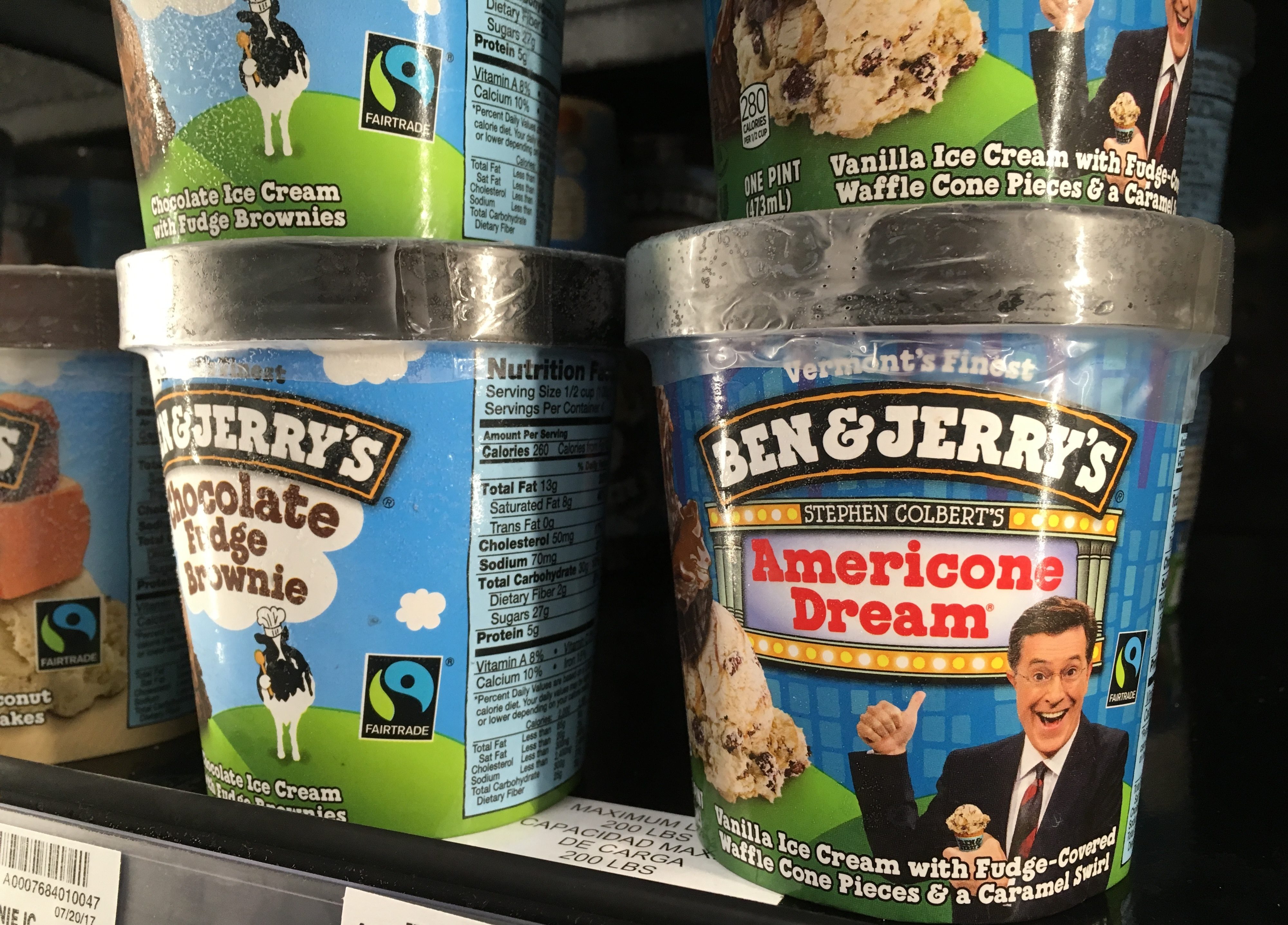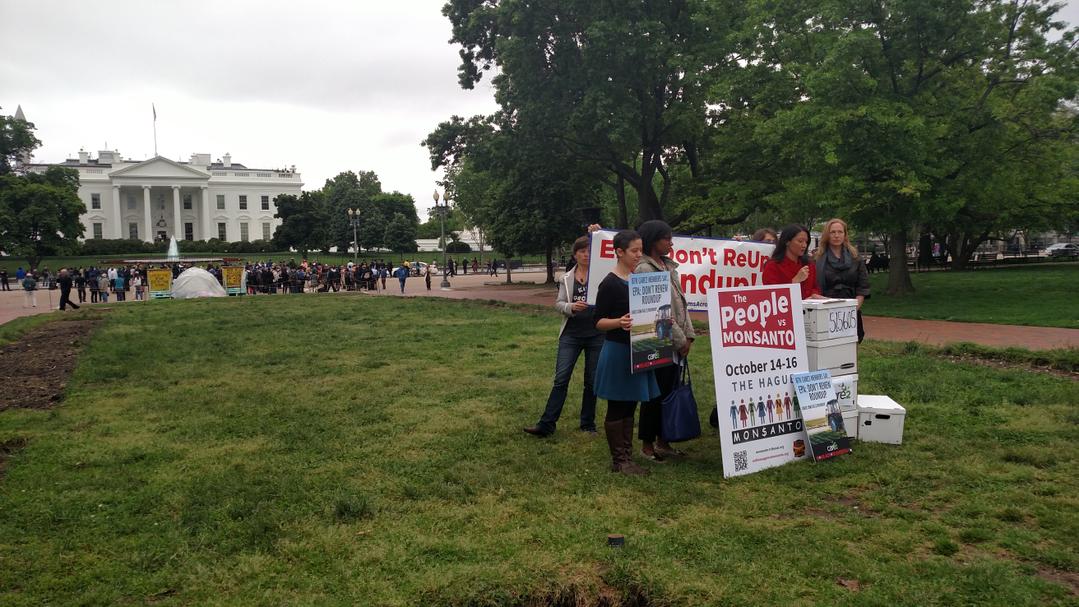Category Archive: Glyphosate
Junk Science: The Least Important Meal of the Day

A new report from the alarmist Environmental Working Group (EWG) warns your breakfast may be poisoning you. The scapegoat of choice is one that has faced backlash from environmentalists on both sides of the Atlantic—glyphosate, a chemical routinely used in herbicides for 40 years. Possibly out of concern for their own granola-heavy diets, the EWG’s so-called scientists report they analyzed oat cereals, oatmeal, granola and snack bars, finding “higher glyphosate levels than what the group's scientists believe to be ‘protective of children's health’". While that’s what the best and brightest at the EWG believe, here’s what actual experts know. In December 2017, an Environmental...
Read MoreHere’s the Scoop on Glyphosate in Your Ben & Jerry’s

The New York Times is making a name for itself in the realm of sensationalism lately. First came the heavily criticized article accused America’s favorite macaroni and cheese of being laden with “potentially harmful chemicals.” Now, the Times is taking on Ben & Jerry’s Ice Cream over a sensationalized report claiming 10 of 11 of the company’s flavors contain traces of a common weed killer. The report was commissioned by the Organic Consumers Association, which bills itself as an advocate of “health, justice, and sustainability.” But let’s be clear: the Organic Consumers Association isn’t concerned about the dangers lurking in your dessert. If it...
Read MoreBeat Unnecessary Warnings with…More Warnings?

Last week, a Los Angeles Times article posed the question: “Adding Roundup to Prop. 65 list is a victory, but will Californians heed the warning?” Adding Roundup, the popular weed killer powered by glyphosate, may have been a win for internet activists, but it was by no means a win for science. Government studies evaluating the entire body of well-performed research into glyphosate’s safety have unanimously concluded that the substance is not harmful to human health, and especially not at the levels which people are actually exposed to. After “an exhaustive process,” the European Food Safety Authority (EFSA) found glyphosate was unlikely to...
Read MoreEPA: Glyphosate Not Likely Carcinogenic

The Environmental Protection Agency (EPA) finally, and intentionally, released its long-awaited glyphosate report concluding "the available data and weight-of-evidence clearly do not support the descriptor 'carcinogenic to humans.'" The EPA didn’t exactly make a discovery. However, its input could soothe public anxiety regarding the chemical commonly known by its brand name, Round Up. Glyphosate’s reputation has been in critical condition since the International Agency for Cancer Research (IARC) claimed it was a “probable carcinogen” last year. Even though it was only IARC—an organization whose methodology has been questioned by scientists—it confirmed the biases of anti-scientific activists who immediately set themselves to fearmongering—on glyphosate, on GMOs, and on chemicals in general. To...
Read MoreRoundup Shown to Be Safe (Again)

It’s hard to ignore the growing list of scientific authorities from around the world that keep coming to the same conclusion: glyphosate, the ingredient in herbicides such as Roundup, is safe. Recently, that list just got a little longer. That’s because New Zealand’s Environmental Protection Authority released its Review of the Evidence Relating to Glyphosate and Carcinogenicity. The new review considered studies assessed by other regulatory bodies, and concluded, “there is no convincing evidence of an association between glyphosate exposure and the development of cancer in humans.” (You can read the lay summary, here.) New Zealand’s release wasn’t breaking news. Its conclusion has been reached before. But with so much...
Read More“Millions” (or Six) Against Glyphosate

Last month, activists from Moms Across America, Care2, and the Organic Consumers Association descended on the White House to ask EPA to withdraw approval for glyphosate as a safe herbicide. Since the event was just a few blocks from our office, we decided to see what the hubbub was about. But ironically for a group touting “Millions Against Monsanto” signs, only six people showed up to protest—and at least half were representatives of the three groups above and (presumably) paid to be there. These groups want the EPA to withdraw approval of glyphosate, but interestingly, the EPA inadvertently posted documents recently...
Read MoreEWG’s Latest Glyphosate Flop

The Environmental Working Group (EWG) claims to fight for the public interest, yet rarely does so using solid science. A day after we laid out the facts on glyphosate, EWG was out in the media trying to keep people afraid of it. Claiming “a growing body of research” is linking the herbicide glyphosate (known by the brand name Round Up) to non-Hodgkin’s lymphoma, EWG failed to highlight that it really only found one study, from Sweden in 2008. One study is not significant. What is, though, is that the Environmental Protection Agency (EPA) and the World Health Organization (WHO) have discounted some of the Swedish study’s conclusions due to its...
Read MoreEPA (sort of) Admits: Glyphosate Not Likely Carcinogen

A few days ago, the U.S. Environmental Protection Agency (EPA) published a report concluding glyphosate is unlikely carcinogenic to humans. The EPA pulled the report not long after, telling Reuters it was “because our assessment is not final”— it had been published “inadvertently.” Reuters noted, however, that the accompanying memo was labeled “Final.” The report is expected to be re-released by the end of 2016, but until then, here’s some info about glyphosate. What is glyphosate? Glyphosate, also known under the brand name Roundup, is an herbicide. Though used by some homeowners waging war on weeds, glyphosate is primarily used in agriculture. In particular, its used...
Read More